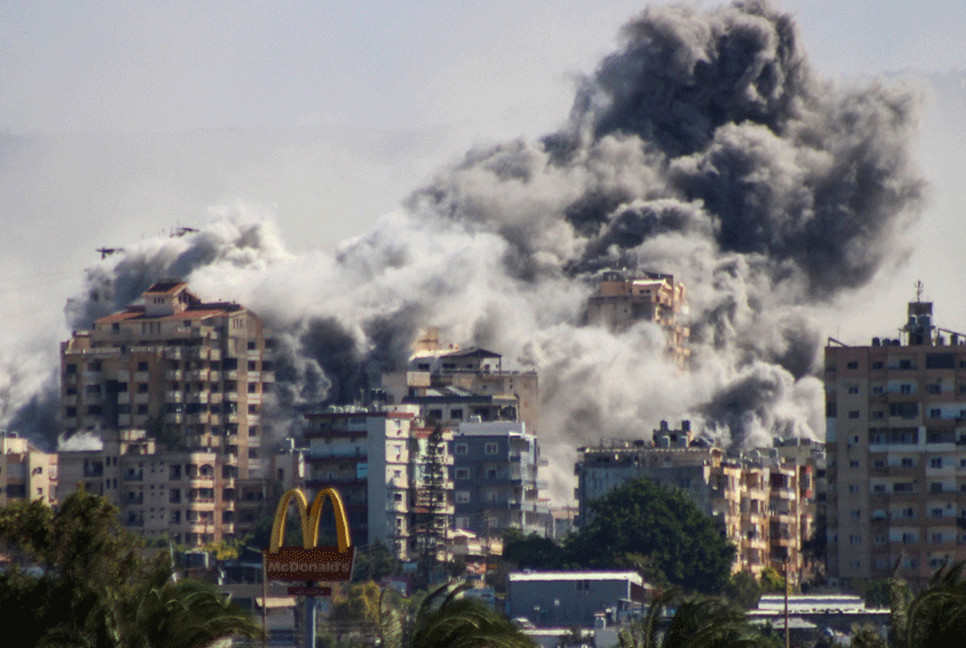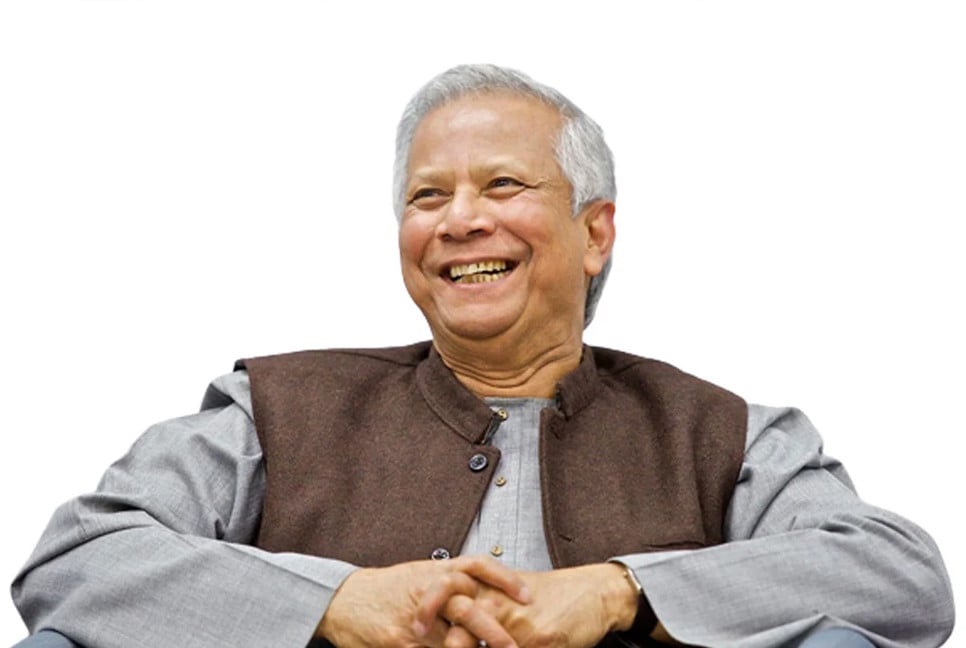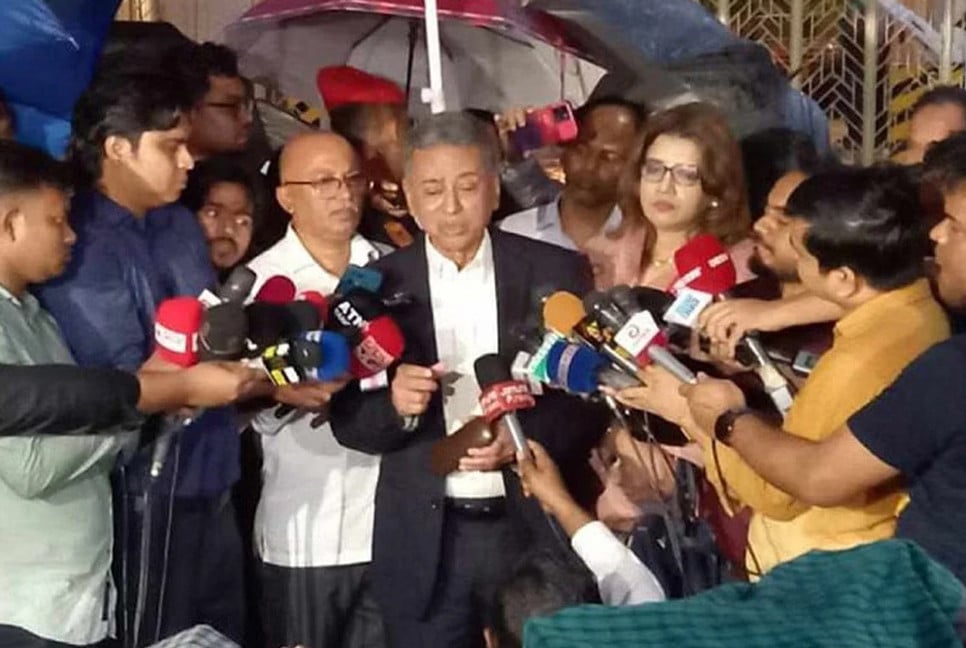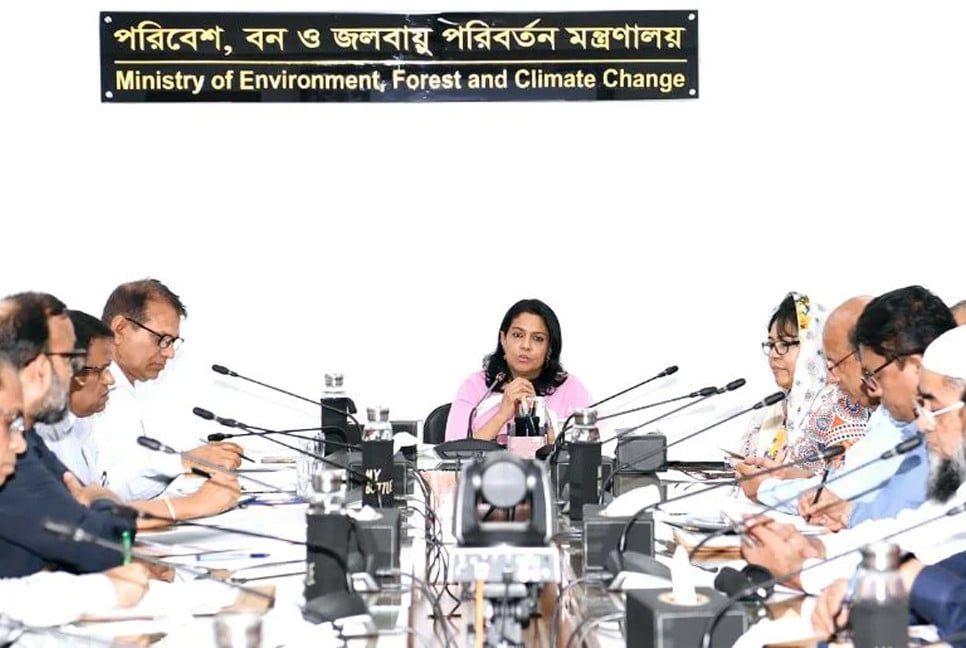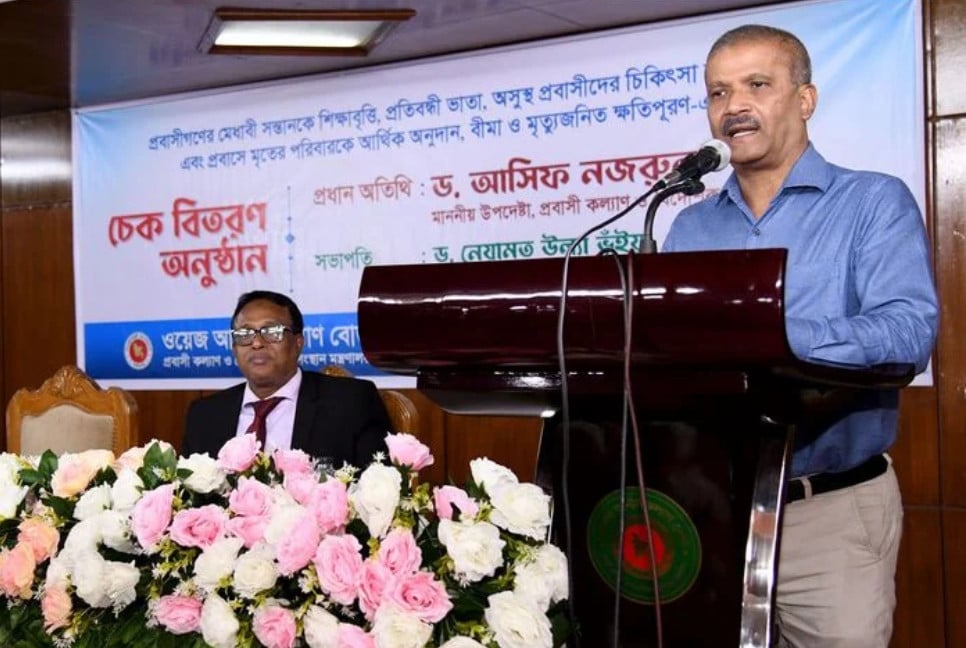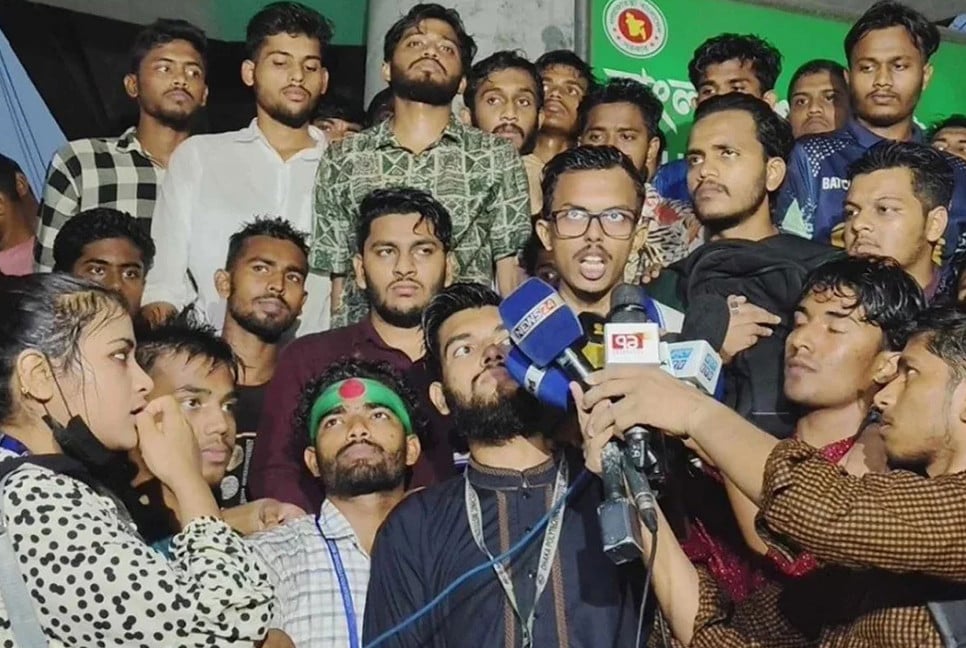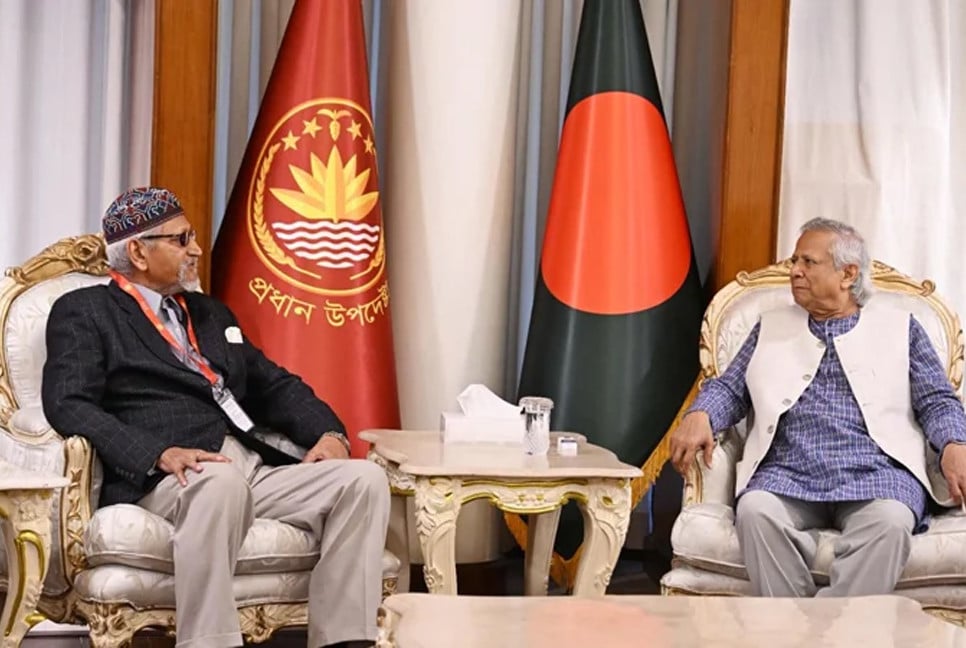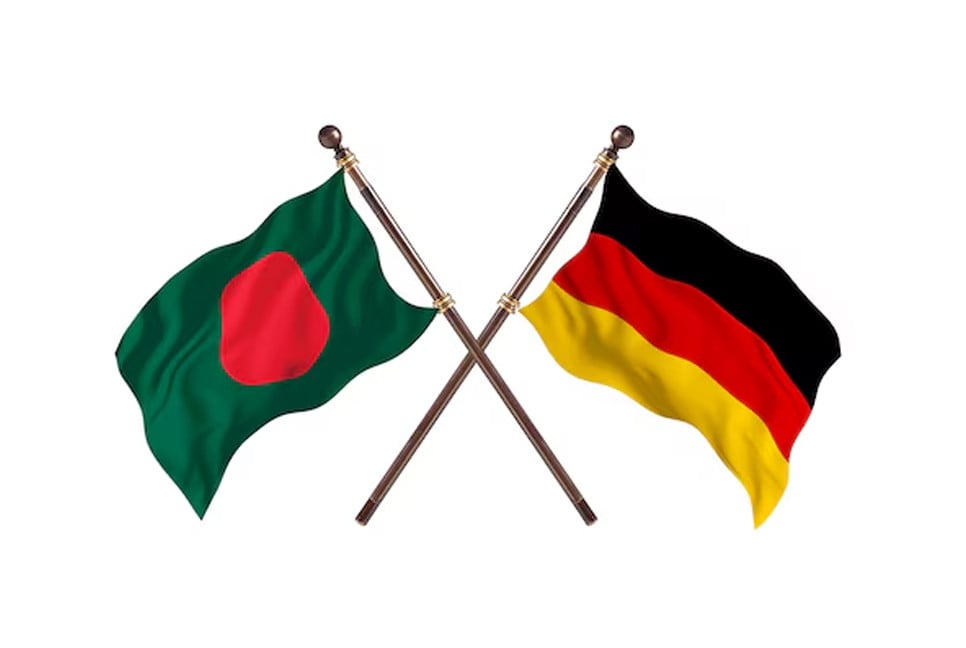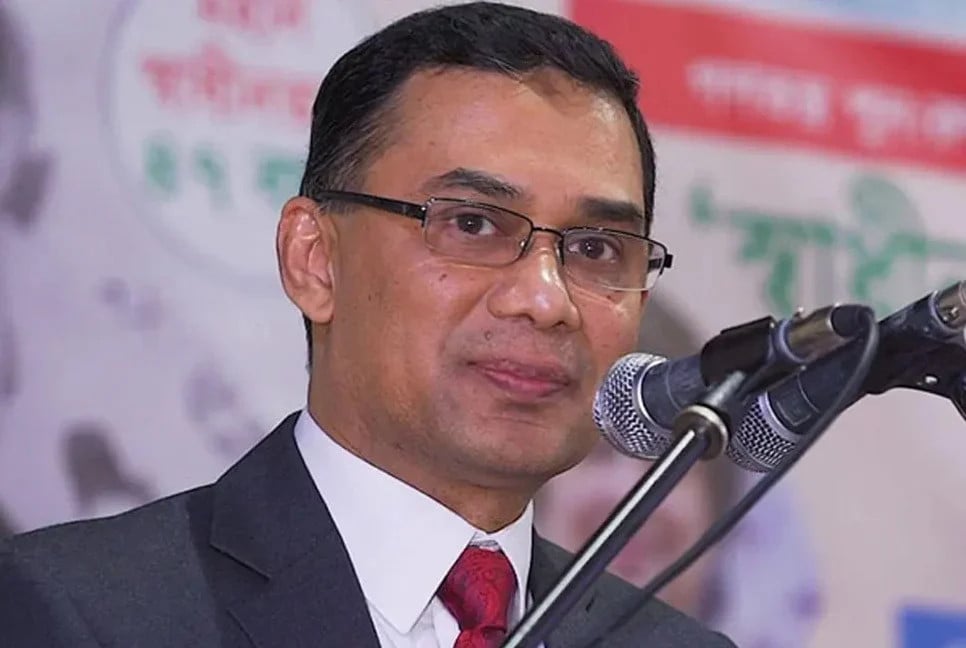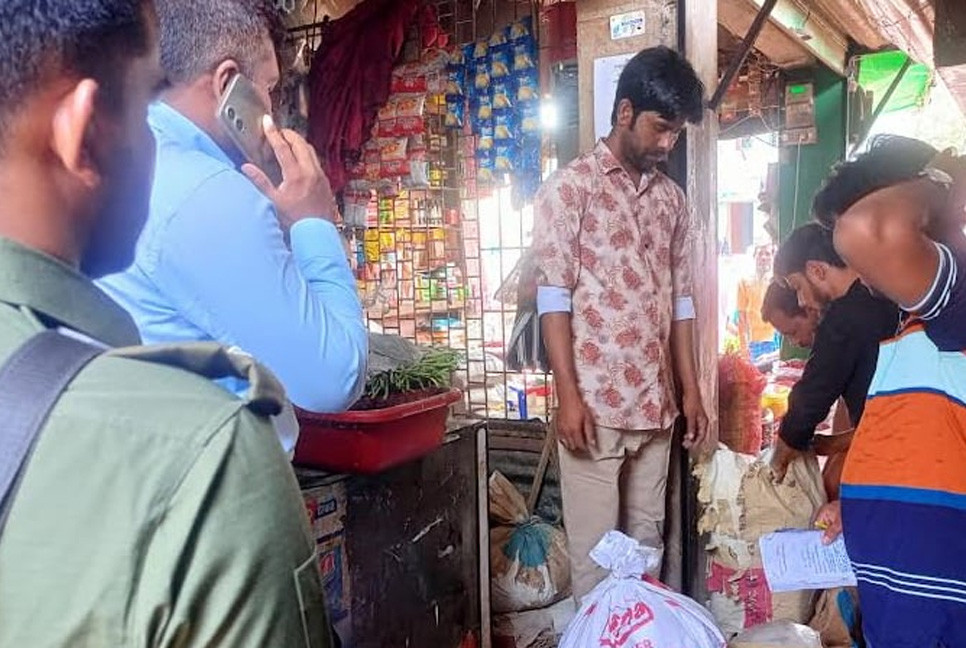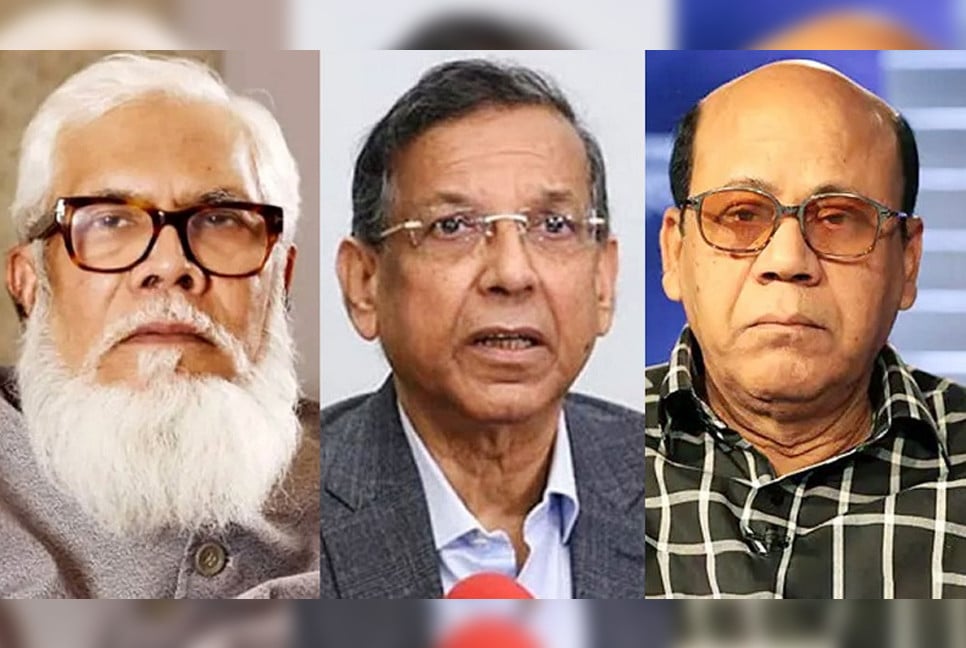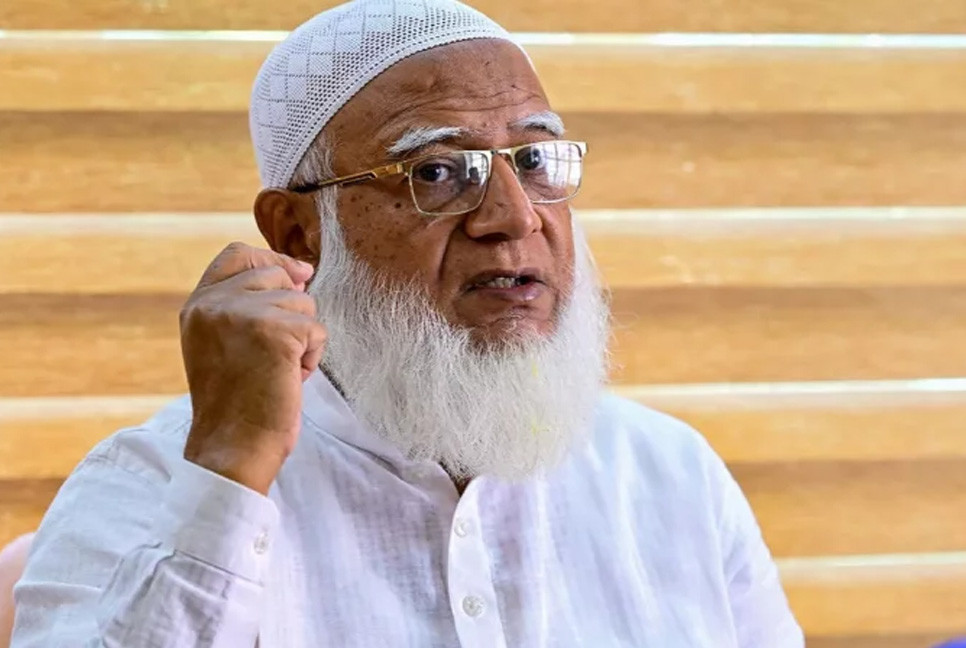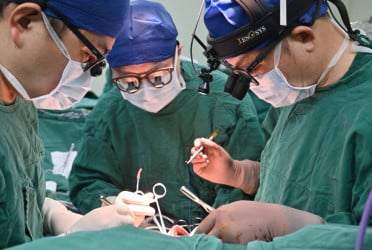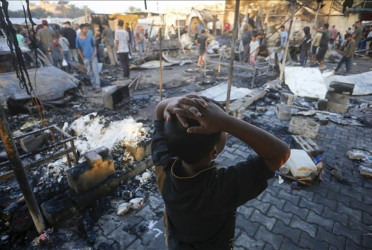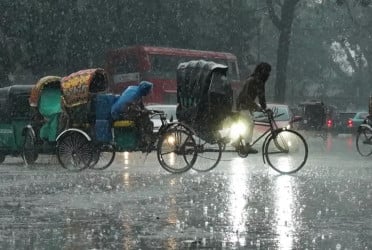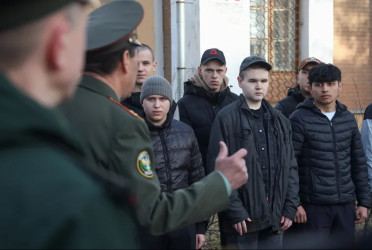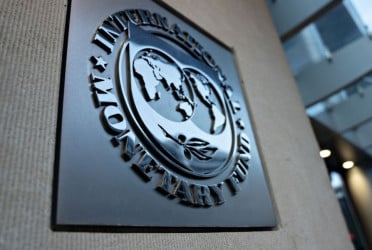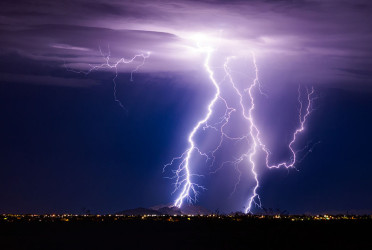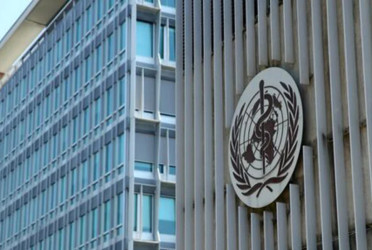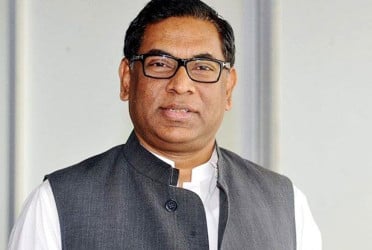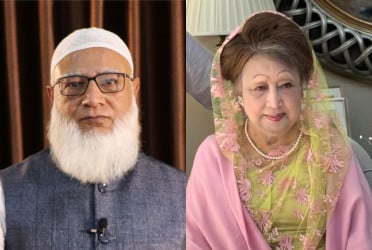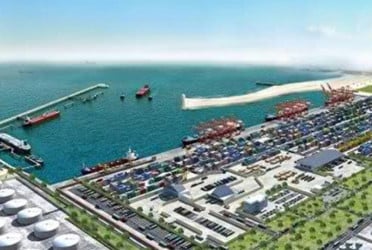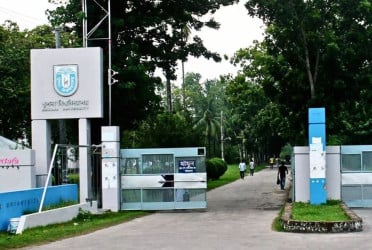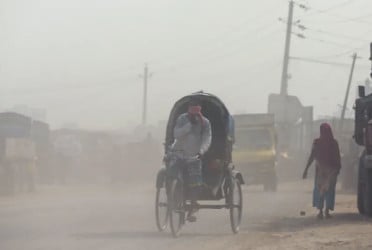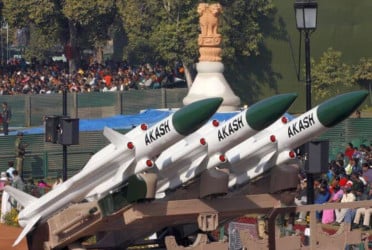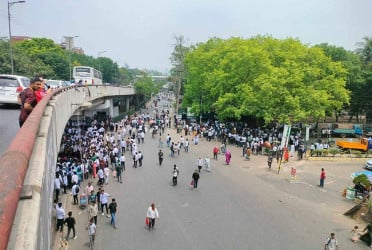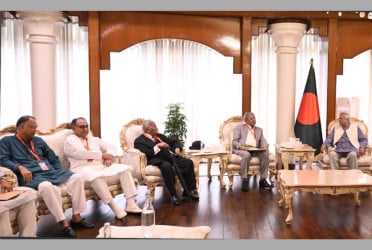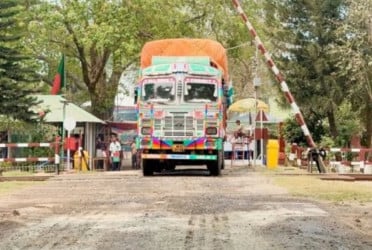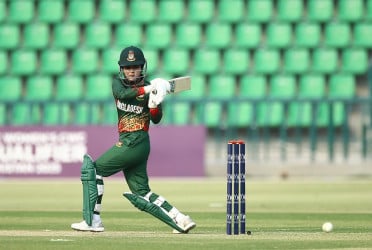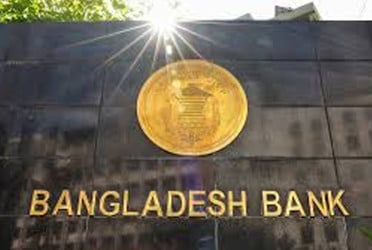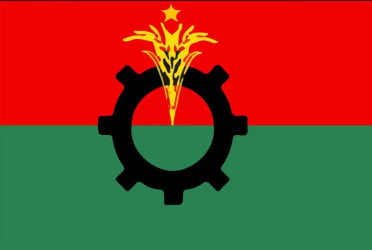The first Bangladeshis airlifted home after fleeing Israeli air strikes in Lebanon described the constant fear of living in a city rocked by explosions.
Late Monday the first 54 of some 1,800 Bangladeshis wanting to escape the troubled Mediterranean nation flew back to Dhaka on a government-backed flight.
Some gave up long-established lives in Lebanon for a deeply uncertain economic future back home.
Bangladesh's foreign ministry estimates between 70,000 to 100,000 of its nationals are working in Lebanon, many as labourers or as domestic workers, reports AFP.
For 68-year-old Abul Kashem -- who lived in Lebanon's seaside capital Beirut for nearly four decades, including during past heavy fighting in the civil war -- the barrage of strikes that began last month was unlike anything he had seen before.
"I have never seen any war like this," said Kashem, who worked at a gas station, before it was reduced to rubble.
"Everything around the fuel pump where I worked has been destroyed", he said, after arriving exhausted on a plane chartered by the UN's International Organisation for Migration.
Israel drastically escalated its air campaign against Lebanon's Hezbollah group last month.
It has since launched a ground offensive intended to push the group back from its northern border.
Hezbollah has been firing thousands of projectiles into Israel over the last year, displacing tens of thousands of Israelis.
- 'So intense' -
The Bangladeshi workers, striving to earn money to send back home to family in South Asia, were trapped in a conflict that erupted around them.
"Five buildings near my residence were brought to the ground," said Mohammad Hossain, 28, who returned from Beirut with his wife and year-old infant.
"The attacks were so intense," he added. "The cars are almost melting."
Nearly a month of all-out war has killed at least 1,489 people in Lebanon, according to an AFP tally of Lebanese health ministry figures.
Bangladesh's Business Standard newspaper has reported at least five Bangladeshi citizens were among those wounded, while thousands have fled border zones with Israel northwards into Lebanon.
"I feel very good after returning to my home country," Hossain said, speaking as returnees were embraced by relatives welcoming back, some in tears.
"When the plane left the airport in Lebanon, I immediately felt peace in my mind."
Those returning must now find work at home, with Bangladesh undergoing a political transition after a student-led revolution toppled the autocratic ex-leader Sheikh Hasina from power on August 5.
Their income loss will be sorely missed by their families in a nation where more than five percent of GDP comes from personal remittances, according to the World Bank.
Bangladesh's foreign ministry, which said Dhaka is bearing the cost of the flights, added 65 more citizens would return on Tuesday.
Ruma Khatun, 30, said she had first fled to Beirut seeking refuge, but said she did not feel safe there either, so was among the first to sign up to leave.
"The situation is very bad," she said. "When we were taking off from Lebanon... we heard the sound of bombing."
Bd-pratidin English/Lutful Hoque

